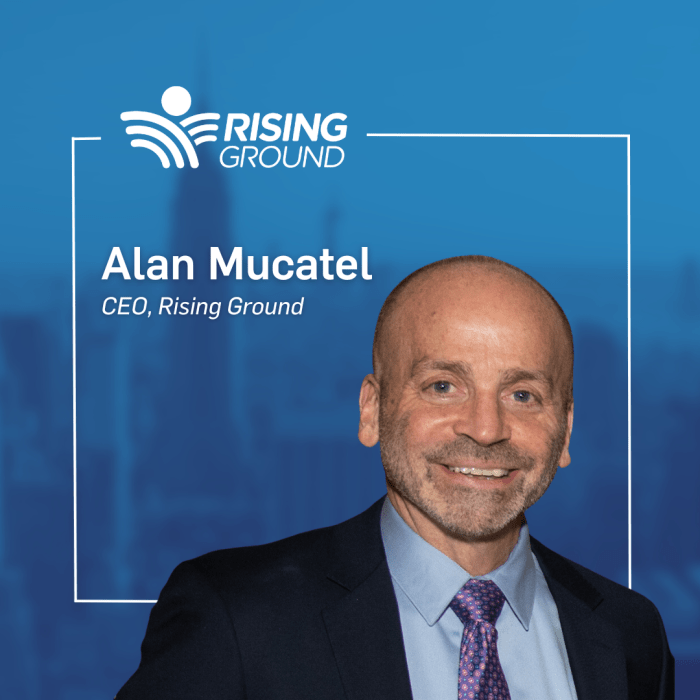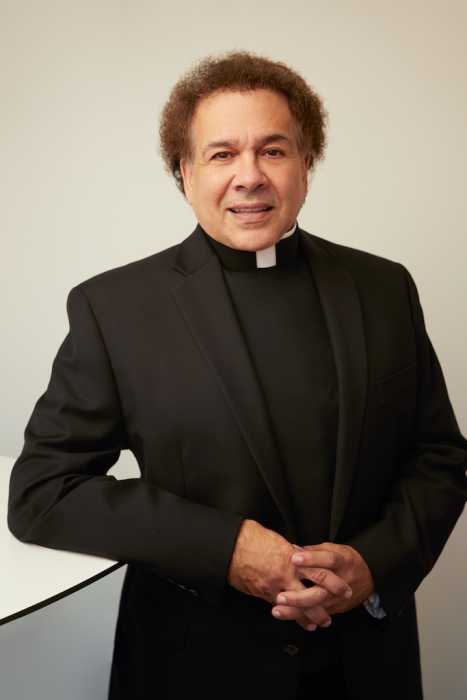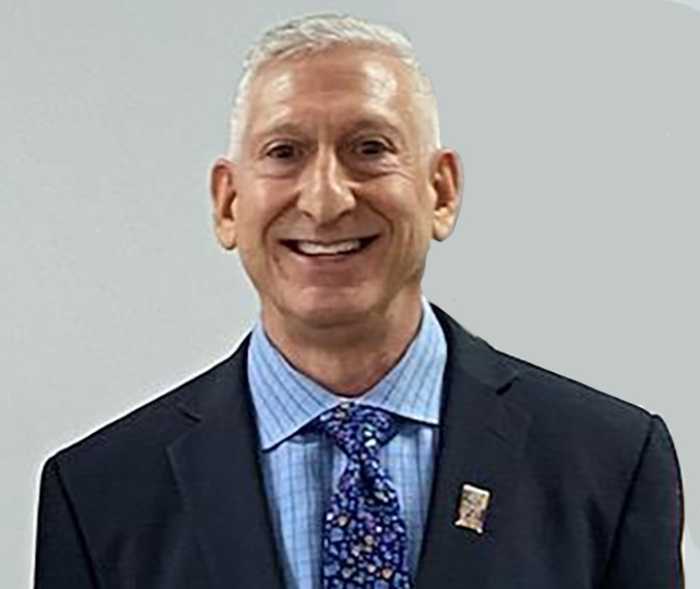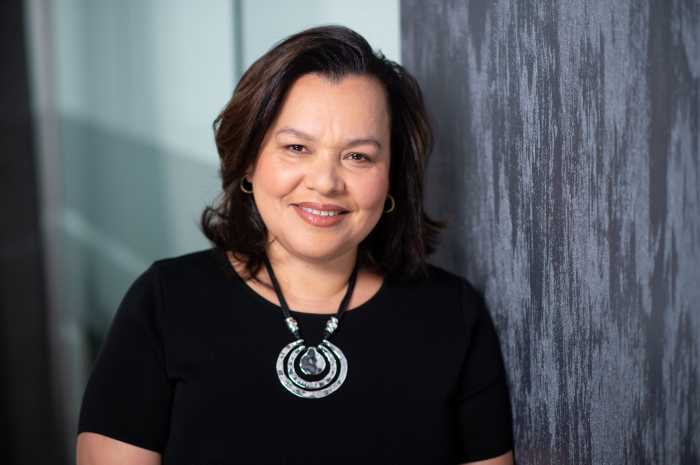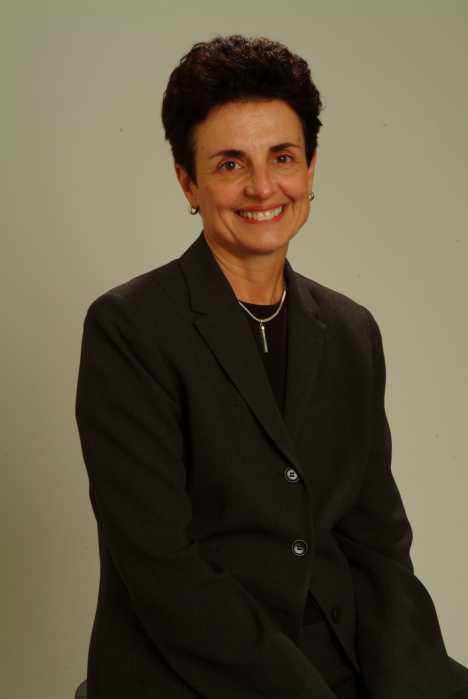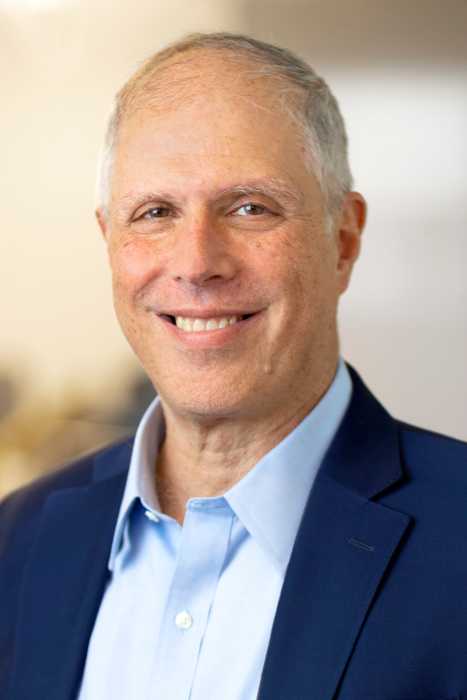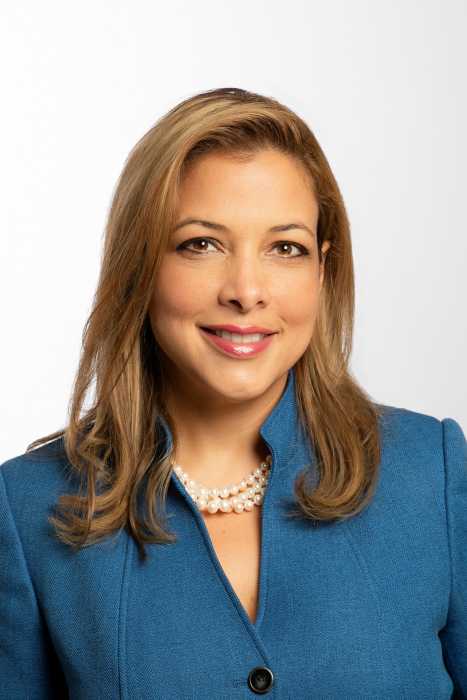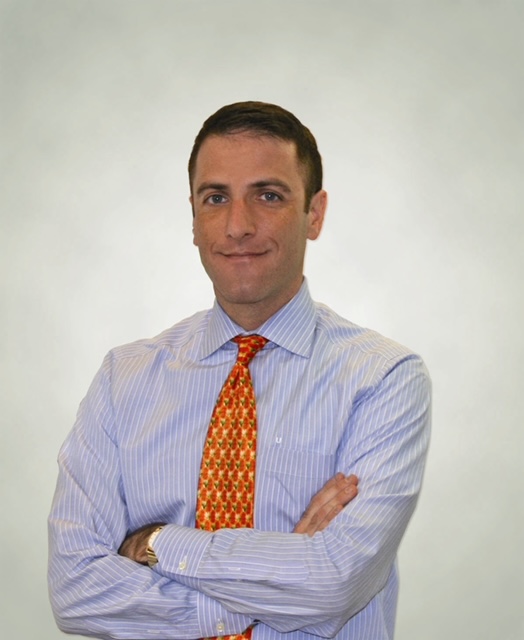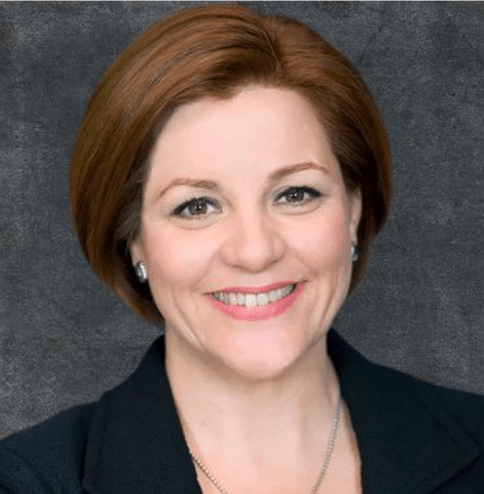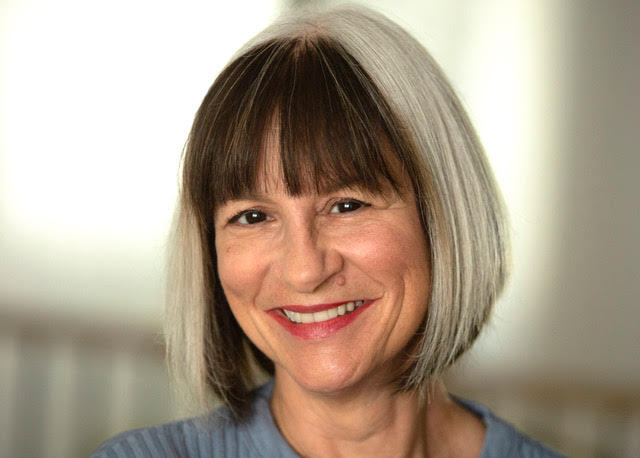As CEO of Rising Ground since 2009, Alan has more than doubled the nonprofit’s size, offering 101 programs at 138 sites for New York children, adults, and families. In 2023, Rising Ground acquired services from Sheltering Arms, adding 500+ employees, bringing the organization’s budget to $187 million with 2,000 staff. Alan is vice chair of the Council of Family and Child Caring Agencies (COFCCA), serving on its board and as vice chair, Downstate, and chair, Steering Committee.
Was there something or someone that inspired you to pursue a career in the nonprofit sector?
Unlike becoming a doctor or lawyer there did not appear to be a straightforward career path for leaders in nonprofit human services. I have been inspired by many colleagues and examples of effective programs and practices that have propelled me forward. A desire for fairness has been the underpinning of my career.
What is the proudest moment of your career so far?
The proudest moments are those that have inched Rising Ground to its current position where it has such a significant positive impact on the lives of so many New Yorkers, specifically assisting many of our area’s most marginalized neighbors – poor people, people of color, individuals with mental health challenges and/or intellectual/developmental disabilities, members of the LGBTQAI+ community, survivors of intimate partner violence, new immigrants, and more
What policy changes could be made to aid in your work within the nonprofit sector?
Nothing makes more clear the degree to which the people we support, the work we do, and the people who do the work are undervalued in our society than the way our contracts with the government are so poorly funded and executed. This includes time of payment, bureaucratic delays, and so on. Wholescale reform of this business relationship would be the single greatest help to our work and to our ability to assist the people we serve.


